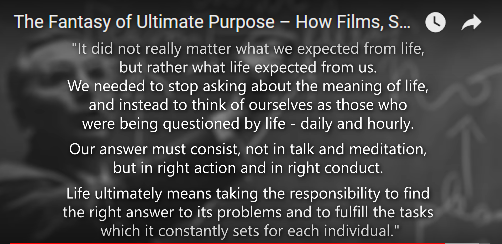Venezuela - Escape from a Failed State (Yle 2018)
The video is from
German public broadcast company. Here are some impressions after watching it.
I heard the challenges faced by Venezuelans. Sad for sure and millions got out of the country ( 2 million in last 2 years). But, this documentary projection of all fault is with government is highly questionable.
The challenges showed in the video fall under extreme food shortages (21 times months eaning needed for 1-month food), long lines for subsidized food, needing id card to get the food and medicine, lack of medicine in hospitals( Govt. doesn't allow medicines from charity), public safety, High gas prices and transportation charges
As per this documentary, the reason is Political corruption, govt nationalization of banks, agriculture etc., govt forcing the people to follow the revolution, govt spying on people for mandating id cards for the subsidy, govt killing protestors (150 people in 3 months), Chavez and his prodigy's brainwashing of populism and revolutionary ideology and polarization of society with poor revolutionaries vs state enemies. It simply discounted the "economic warfare" of the oligarchs saying some of the public officials participated in it.
If one asks How this so-called govt. actions contribute to the acute situation, one will come out blank. Corruption and polarisation exist in every country, but they are not as bad as in this country at this time
Still, people are happy with the Chavez revolution and even they reelected Maduro.
The reasons documentary tries to project looks rather silly to me. Yes, they have a lot of problems in getting basic needs like food, medicine, and security. Why now and why people are still pro-revolutionary despite the acute shortages and hardships. Generally, the common man tends to be impatient with his everyday needs and ready to dump the rulers, when given choice, if it is all due to bad government.
This video's narration doesn't add up and looks propagandistic. All the ills go back to sanctions which US deep state created, while this video's tries to dump on Govt. corruption and control.
Four impacts of the blockade against Venezuela
The financial blockade directly affects routine international payments for goods and services. No doubt remains that the blockade of the Bolivarian Republic of Venezuela is intended to deepen the sabotage of the Venezuelan people's social and economic life.
1. Funds were frozen for the import of insulin
...
2. Colombia's blockade of malaria medicine
...
3. Suspension of funds for buying food
...
4. Blocking of payments for travel by Venezuelan sports teams
...
Trump considered an invasion of Venezuela at the height of its political crisis
UK Academic: 'Everything the Mainstream Media Tells You About Venezuela Is Lies'
Why media reporting on Venezuela is biased and inaccurate
The formula is same - Artificially reducing oil prices, supporting the local oligarchs in their favor( or terrorists), impose sactions to create local unrest, create propaganda and change rulers.
We have seen the slogans "Assad must go" ( now became "Assad can stay" after millions dead and most of the nation is destroyed), Putin the dictator (now they can't say that after 2018 world cup).
It didn't work in Russia or Syria. There is a high probability it won't work in Venezuela too.


